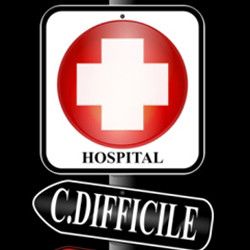Bacteriotherapy for Clostridium infection
One in five elderly people undergoing antibiotic therapy in hospitals develop Clostridium difficile disease (CDD). Taking broad-spectrum antibiotics disrupts the gut flora, resulting in CDD and symptoms such as diarrhoea and colitis. When diagnosed promptly, CDD responds well to treatment but recurrence is an issue requiring development of new therapies. The key objective of the EU-funded 'Development of a novel treatment for clostridium difficile' (DNTCD)(opens in new window) project is to address such C.difficile nosocomial infections. The idea is to develop a treatment based on faecal bacteriotherapy (FB), using samples collected from donors. A number of studies report the high efficacy of this procedure. This procedure is however associated with certain hazards including the transmission of infections from the donor to the patient. DNTCD partners propose a modified FB using samples collected from the patients themselves prior to their treatment. These will be freeze-dried and encapsulated in novel enteric capsules for oral intake. The capsules will also contain RFID tags for inventory as well as patient-specific linking. The DNTCD study will carry out clinical trials to evaluate the safety and efficacy of FB capsules in healthy volunteers and CDD-affected individuals. A database is also underway for the recording and tracking of samples.With recent reports showing a CDD increase among hospitalised children, DNTCD study outcomes could provide an alternative non-antibiotic treatment approach for CDD.







